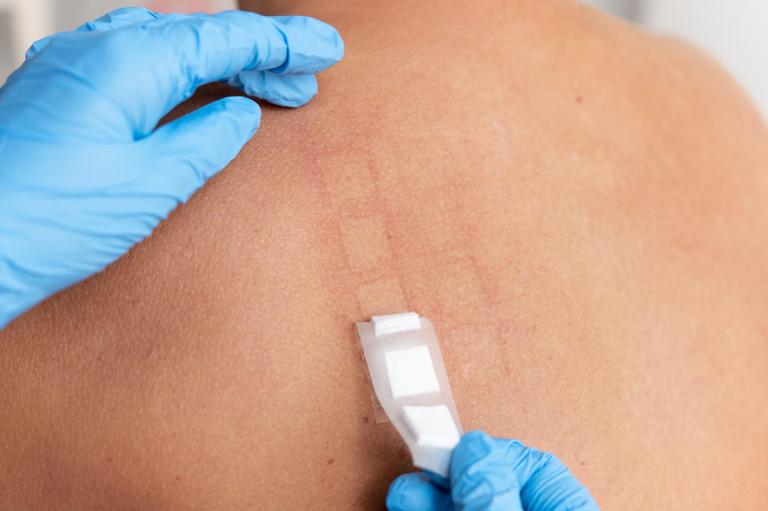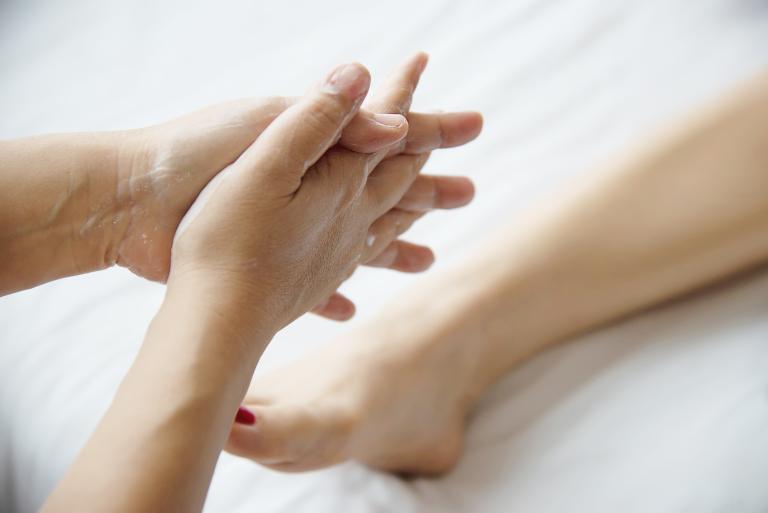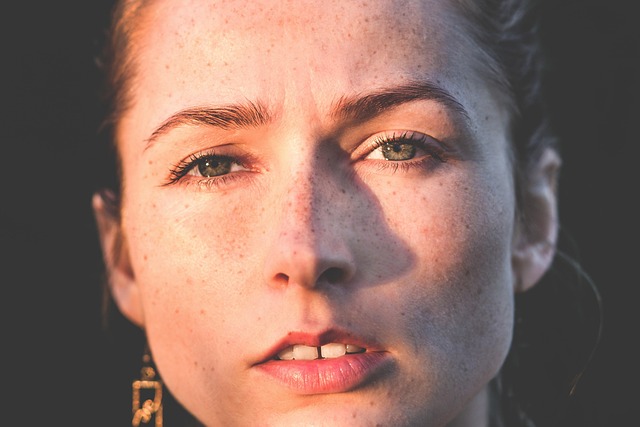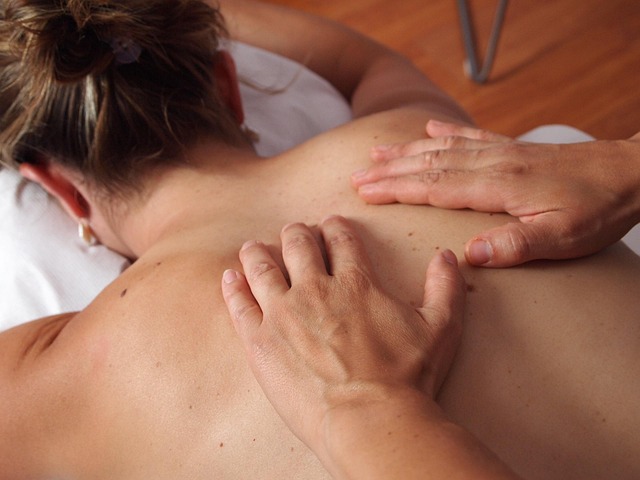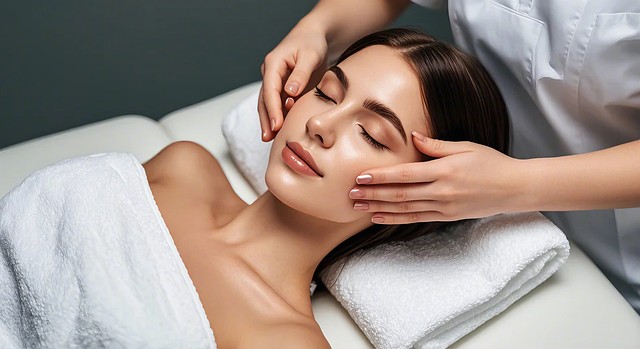Acne is a common skin condition that affects people of all ages, often appearing as pimples, blackheads, or cysts on the face, back, and chest. While it is most prevalent during adolescence due to hormonal changes, it can persist or develop in adulthood.
Acne can impact not only the skin but also self-esteem and emotional well-being. Fortunately, a range of effective treatments and skincare strategies are available to help manage and reduce breakouts.
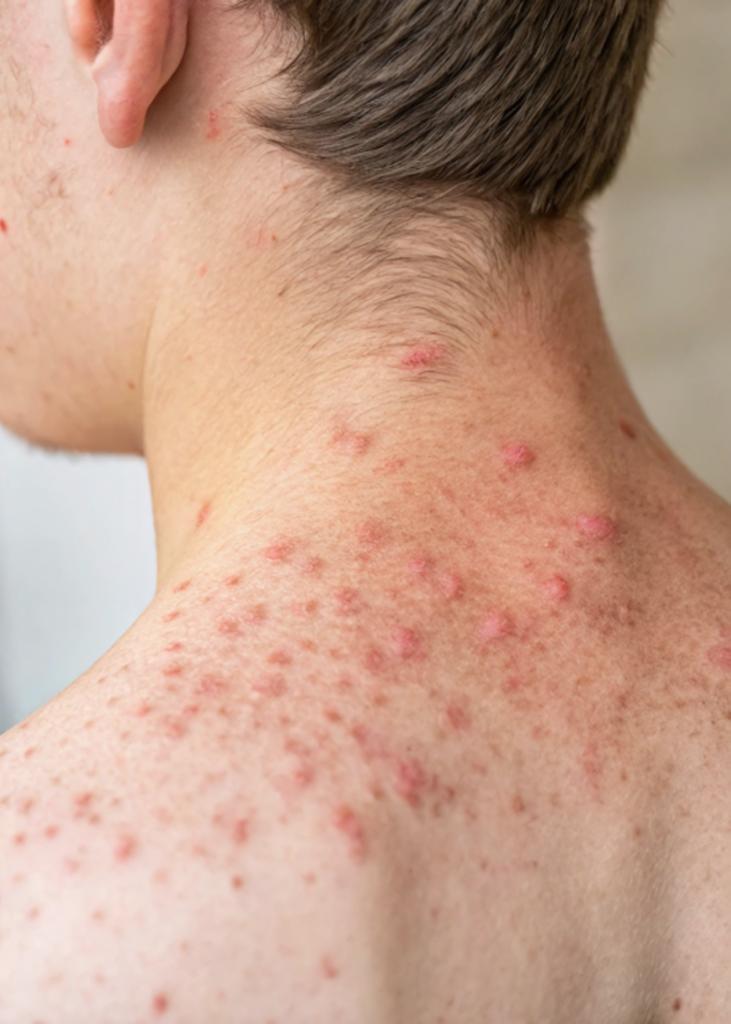
What causes acne?
While acne is a very common condition, we still don’t fully understand why some people develop more severe or persistent forms than others. What we do know is that acne is multifactorial, meaning it arises from a combination of internal and external factors.
- Genetics play a significant role—if your parents had acne, you may be more likely to develop it too.
- Hormonal changes, particularly during puberty, menstruation, pregnancy, or due to conditions like polycystic ovary syndrome (PCOS), can trigger excess oil (sebum) production and contribute to breakouts.
- Certain medications, such as corticosteroids and anabolic steroids, are also known to cause or worsen acne.
- Emerging evidence suggests that diet may influence acne in some individuals, with high glycemic index foods and excessive dairy intake being potential contributors.
- Additionally, the use of oily or pore-clogging cosmetics and skincare products can block pores and exacerbate acne, especially in those with sensitive or acne-prone skin.
What can I do about my acne?
Acne is a common skin condition that can significantly impact quality of life and self-esteem. It typically presents in teenage years and varies from very mild to severe. It can also present or persist into adult life. If untreated, acne may cause extensive scarring
We take the time to sit down with you, understand your concerns around acne, and consider possible contributing factors. Our dermatologists will work with you to optimise your skincare routine and discuss a range of evidence-based treatment options, tailored to your needs. Our aim is to help you achieve clearer skin and feel more confident.
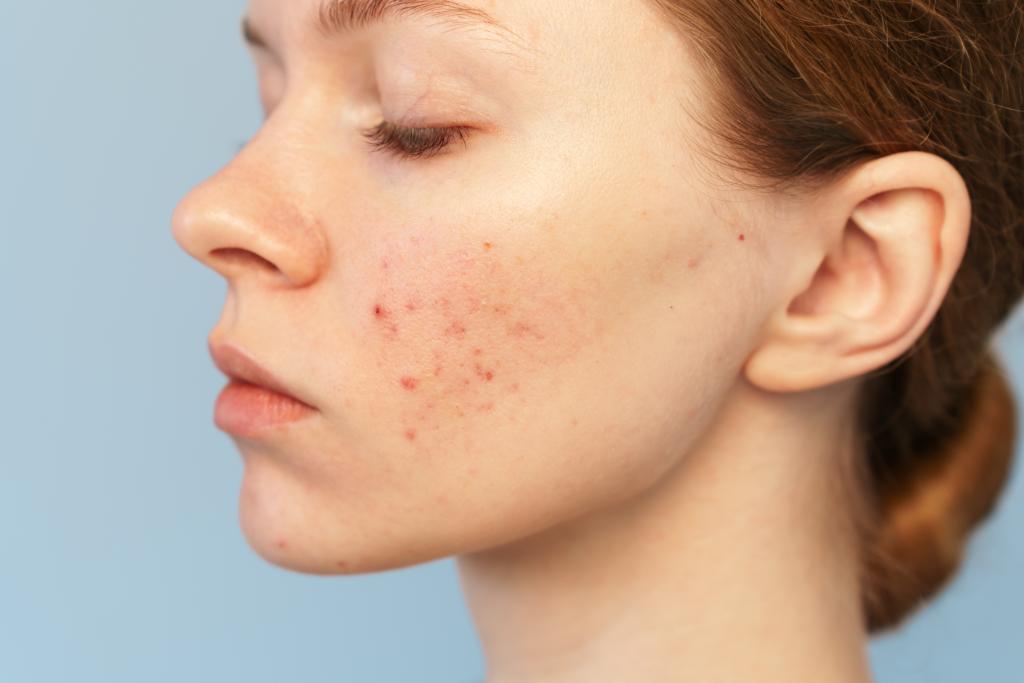
FAQ’S
Frequently Asked Questions
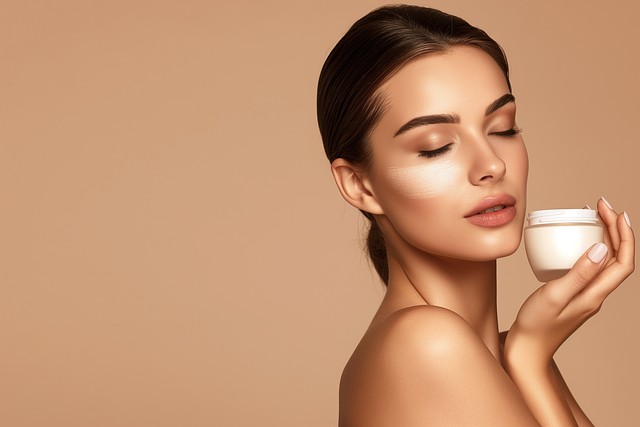

Can I get rid of my acne with lifestyle measures?
Lifestyle changes can help manage acne, but they may not be enough on their own for everyone. Eating a balanced diet, managing stress, avoiding pore-clogging cosmetics, and following a gentle skincare routine can all support clearer skin. However, if acne is moderate to severe, or not improving, medical treatments may be needed alongside lifestyle measures for best results.
Will my acne clear up eventually?
For many people, acne improves with age, but this isn’t always the case—especially for adults with persistent or hormonally driven acne. The good news is that acne is treatable at any age. With the right approach, including skincare and medical treatments if needed, most people see significant improvement. You don’t have to wait for it to go away on its own.
What is adult-persisting acne?
Acne is considered adult-persistent when it starts during the teenage years and continues beyond the age of 25. Unlike adolescent acne, which often affects the T-zone (forehead, nose, and chin), adult acne commonly appears on the lower face, jawline, and neck. It is more frequently seen in women and can be influenced by fluctuating hormones, stress, certain medications, or underlying conditions like PCOS. Recognising adult-persistent acne is important, as it may require a different management approach compared to teenage acne.
